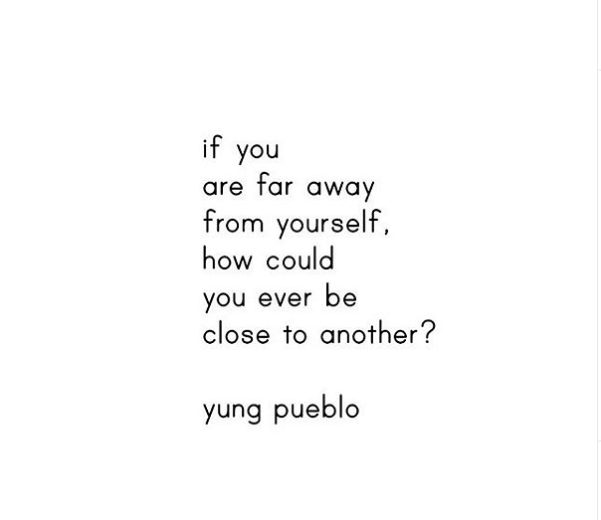
‘LL: How can Latino men heal themselves or change their mentalities that have been affected by ideas like machisimo?
YP: Machismo is an antiquated and harmful way of life for Latino men. Overcoming this internalized patriarchy is an important way to decrease the harm we cause ourselves and others. I think meditating in particular helps use see that a lot of our societal conditioning is stopping us from living our best lives. When we let go of this heavy conditioning we can think more clearly, act more lovingly, be more in touch with our emotions and be much more creative and better at problem solving. When I first started writing it was mostly women who were engaging with what I was putting online. It is encouraging seeing more and more people who identify as men who are coming to my events and reading my book.
‘LL: What are some of the most harmful aspects of machismo?
YP: I think machismo, in particular, becomes a wall that stops you from getting to know yourself; it doesn’t let you get in contact with your emotions to process them in a healthy way. When we are incapable of knowing ourselves it becomes easier for us to be emotionally unavailable. When we are far away from ourselves like that we end up finding destructive behaviors as an outlet.
‘LL: How did you overcome your own machismo?
YP: Through meditating I saw how this conditioning had quietly taken control of my mind. Then I started to do the opposite of what it would tell me. Mainly I would examine the gender roles I was reproducing at home and started taking a more active role in all of the cooking and cleaning. My wife and I make decisions cooperatively and equally so that we both feel in our power. And personally I work on cultivating myself awareness so that I am in contact with my emotions instead of running away from them.
‘LL: How have your Ecuadorian roots impacted how you approach your work?
YP: I write under the name Yung Pueblo not just because it reminds me of how all of humanity is in the midst of growing up, but because the word “pueblo” reminds me of Guayaquil. Seeing the name constantly brings me back to my roots and inspires me to keep going. I keep Ecuador close to my heart because it is my first home. One of my dreams when I started writing was to have Inward available in Spanish and throughout Latin America so that my people could access to it. In March that dream came true when Hacia Dentro was released.
